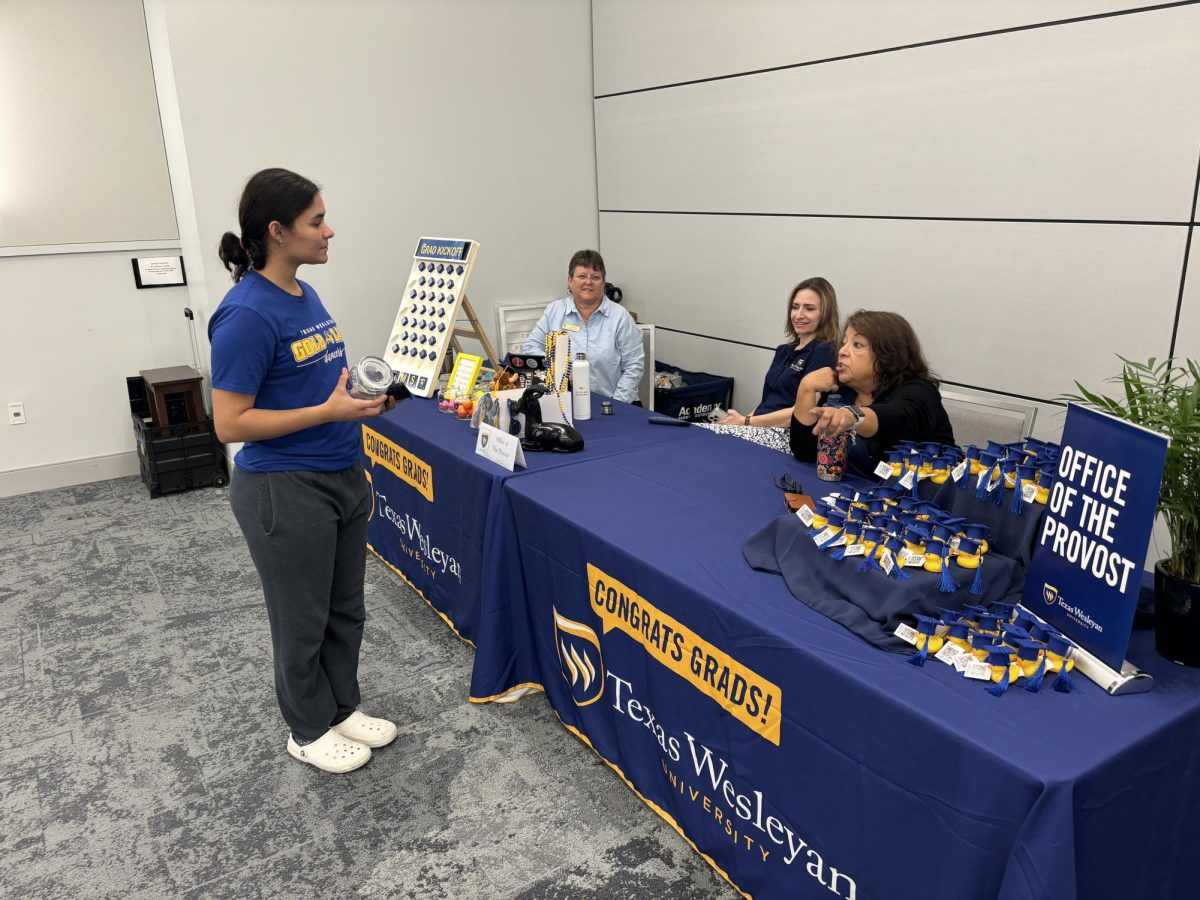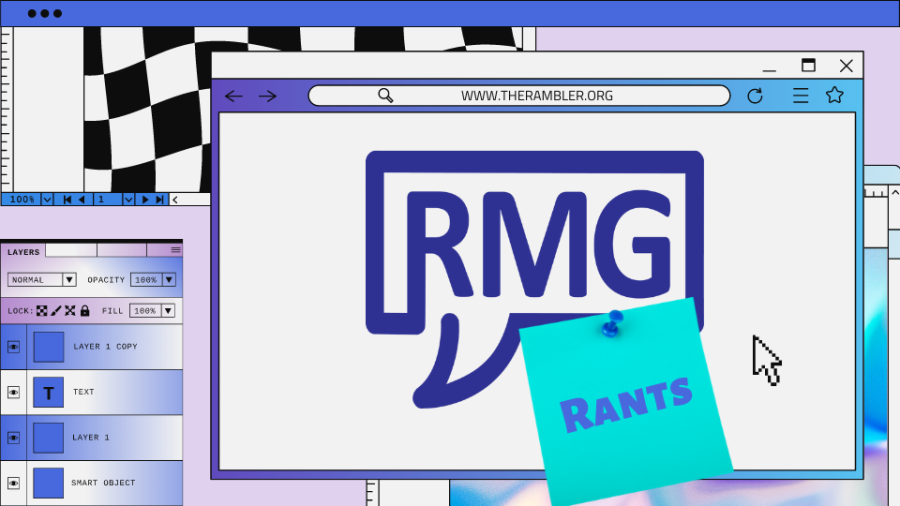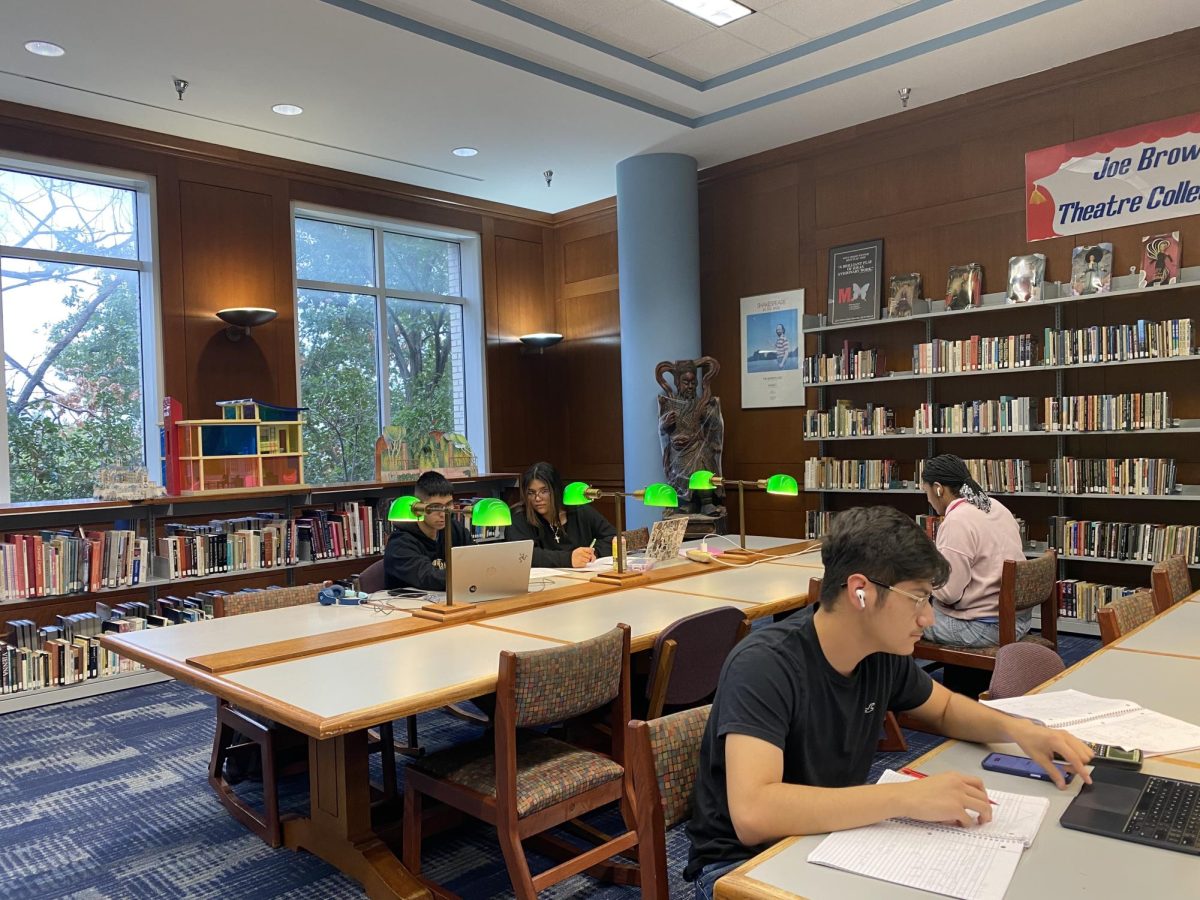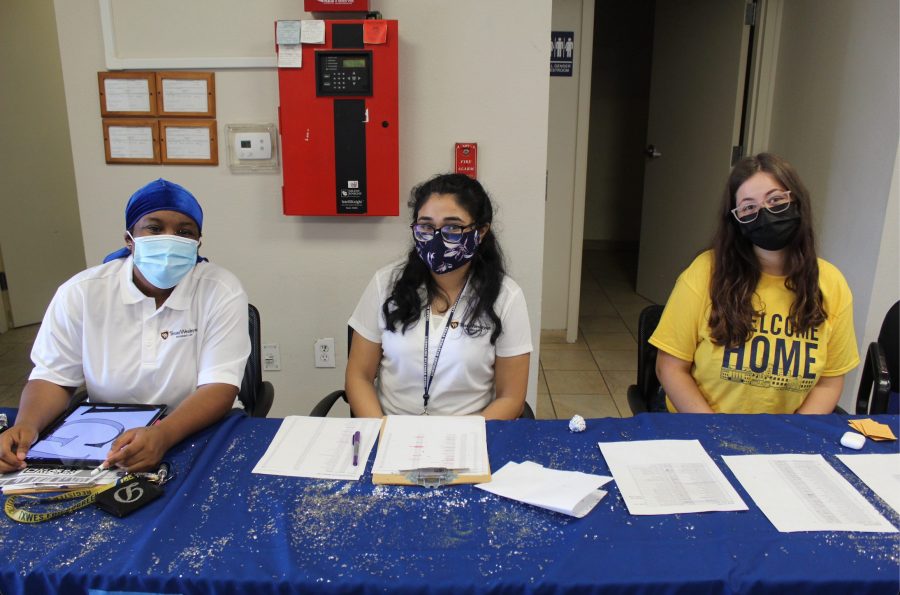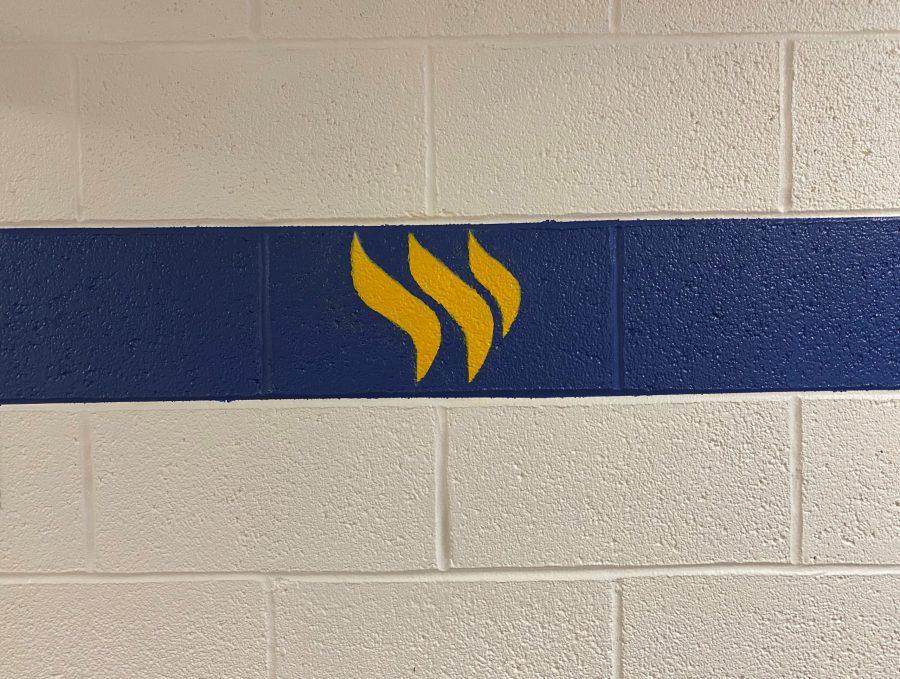Ahmed Hadi, a sophomore computer science major at Wesleyan, said he has noticed the rise in books during his time at Wesleyan.
“The first two semesters I was on campus, I was a victim of the bookstore,” Hadi said.
Hadi said that by his third semester he started using other options to get his textbooks for classes.
“I have even found a pdf file book online that was free for my physics book that was over $300 at the bookstore. I also used Amazon to rent my other books this semester,” Hadi said.
Many college students are leaning toward options other than buying textbooks from university bookstores, because they can’t afford them due to both the price of the textbooks and their limited college budgets.
According to an article by Ben Popken for NBC News online, textbooks prices have risen 1,041 percent since 1977.
“Textbook prices have risen over three times the inflation [rate] from January 1977 to June 2015,” Popken wrote.
The rise in textbook prices is partly due to publishers convincing professors to adopt the book for their classes, much in the same way that pharmaceutical representatives convince doctors to prescribe medicines, Popken wrote.
“College textbook prices are increasing way more than parents’ ability to pay them,” Mark Perry, a professor of economics at the University of Michigan, said in the article.
The article also quotes NIcole Allen, a Scholarly Publishing and Academic Resources Commission spokeswoman, as saying that the textbook prices continue to rise because college students are “captive consumers” who “have to buy whatever books they’re assigned.”
The National Association of College Stores puts the average annual cost of course materials at around $638, according to an August 2014 story in the New York Times. The article notes that most students still buy textbooks rather than rent them.
Yajaira Cisneros, an accounting freshman at Wesleyan, said she saved about $100 by buying her books from Chegg.com this semester.
“I have financial aid, but books are not covered,” Cisneros said.
Both Cisneros and Hadi said they will continue to find other resources for their textbooks for future semesters. Hadi said he shares textbooks with other students.
Wesleyan bookstore director of operations Danielle Smith said she has worked for Follett at the store for two years and that textbook costs are not rising at the university.
“Our many course material options including rental, digital and the largest inventory of used books in the industry, are helping to drive down costs,” Smith wrote in an email.
Overall, as the cost of higher education continues to rise, so does the price of new textbooks. That’s why Follett is focused on providing a variety of affordable options, Smith wrote.
“The choice of where to purchase is always up to the customer,” Smith wrote. “The bookstore also provides unique service value by allowing the use of financial aid, and making it easy to return or exchange books to ensure students have the right materials at the right time.”
Financial aid students and students with GI bills account for a significant percentage of the students that shop for their textbooks in the bookstore.
However, other students have the options to access the inventory online through the eFollett.com site, blackboard or directly at www.txwesshop.com, Smith wrote.
“In comparison with other resources like Chegg and Amazon, our mission for the bookstore is to provide low cost material options with growing selections of rental, digital, and used titles. The bookstore also accepts multiple forms of payments and is conveniently located on the campus,” Smith wrote.
As a business, Follett does implement new strategies to improve on a consistent basis, Smith wrote.

![Senior guitar performance major Quintion Greschuk prepares for his recital on Thurs, Nov.7 at 7:30 p.m. [courtesy of Alexis Ahuyon]](https://therambler.org/wp-content/uploads/2024/11/IMG_1486-1.jpg)







![Rams Men’s Basketball opens their season with win [87-80] against Dallas Christian](https://therambler.org/wp-content/uploads/2024/10/FEF11569-6759-4D23-BD81-3124EB588F39-1200x727.jpeg)



